The Rise and Fall of the American Whig Party —— Jacksonian Politics and the Onset of the Civil War
----- 美国辉格党的兴衰:杰克逊主义政治与内战的爆发
The Rise and Fall of the American Whig Party: Jacksonian Politics and the Onset of the Civil War. By Michael F. Holt. (New York and Oxford: Oxford University Press, 1999. Pp. xx, 1248. $55.00, ISBN 0-19-505544-6.) Michael Holt's long-awaited study of the Whig party is a landmark in the historiography of antebellum politics. Its authority rests on a massive foundation of work in manuscript collections and voting returns that surely makes it one of the most thoroughly researched books ever written about any topic in American history. Despite the book's bulk--985 closely-printed pages of text and almost 200 pages of notes--the topic is sharply defined. Holt states at the outset that "this is a history of a nineteenth-century American political party" (p. ix), but he has not attempted to write a comprehensive study of the Whigs. He treats the party almost exclusively as a vehicle for winning elections. The position of the Whigs within the broader national culture lies beyond the scope of inquiry. The legislative life of the party receives only incidental attention. Holt scarcely mentions such quintessentially Whig issues as the expansion of public institutions and the disposition of federal lands. He rarely tries to develop social or ideological profiles of voters--completing an intellectual transformation that he described in his Political Parties and American Political Development: From the Age of Jackson to the Age of Lincoln (Baton Rouge, 1992)--and instead concentrates his energies almost entirely on the perceptions and decisions of leaders. Although Holt changed his original plan to begin the book with the defeat of Henry Clay in the presidential election of 1844, he still treats the rise of the Whigs mainly as a prelude to their fall. His narrative reaches 1844 a year that Holt calls the turning point in the fate of the party (p. 953)--with five-sixths of the mammoth book left to chart the Whig party's disintegration. The broad outlines of Holt's explanation for the party's demise will be familiar to the many readers of his seminal The Political Crisis of the 1850s (New York, 1978). He points both to the erosion of unifying opposition to Democrats and to the deepening of fissures within the Whigs. The Whigs lost their distinctiveness primarily through the economic transformations that vitiated fiscal issues at the heart of the Second Party System and through the party's decision to compete for immigrant voters. The latter development spurred the Know Nothing movement that largely (though briefly) displaced the Whigs as a national alternative to the Democrats. The major difference between the current book and Holt's Political Crisis is the increased importance he attributes to the centrifugal forces pulling the party apart. He devotes proportionately more attention to disagreements over slavery within and between the North and South, although his characteristic stance on this topic remains criticism of scholars who have argued that slavery issues led directly to the collapse of the Whigs. In the translation of his interpretation into a detailed narrative, the sources of intraparty tension that most often take the spotlight are the ambitions and factional rivalries of Whig leaders. Some of these strains in turn blurred differences with Democrats as politicians reached across party lines for support. The institution survived the "foolish and utopian" (p. 414) effort of the Taylor administration to eliminate the parties, but the Union party movement through which Alexander Stephens and Robert Toombs undermined their Georgia Whig rival John Berrien, for example, had important consequences. Once the Second Party System matured, Holt observes, "both Whig and Democratic leaders concentrated primarily on reinforcing the allegiance of previously committed voters to rouse the faithful rather than on making converts" (p. 113). Holt's staggering knowledge of antebellum politicians is not likely to convert many readers skeptical of an effort to conceptualize political developments in isolation from the social, economic, and cultural characteristics of the constituencies that party leaders sought to represent. â¦
{{comment.content}}
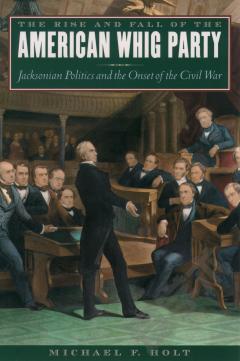
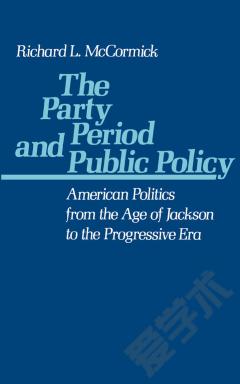
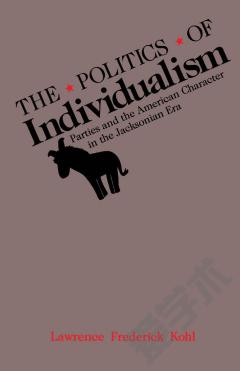
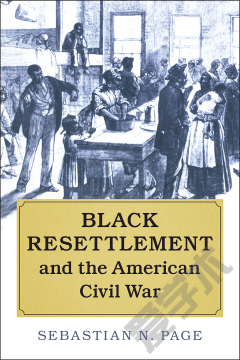

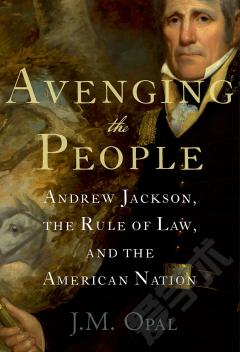


 京公网安备 11010802027623号
京公网安备 11010802027623号